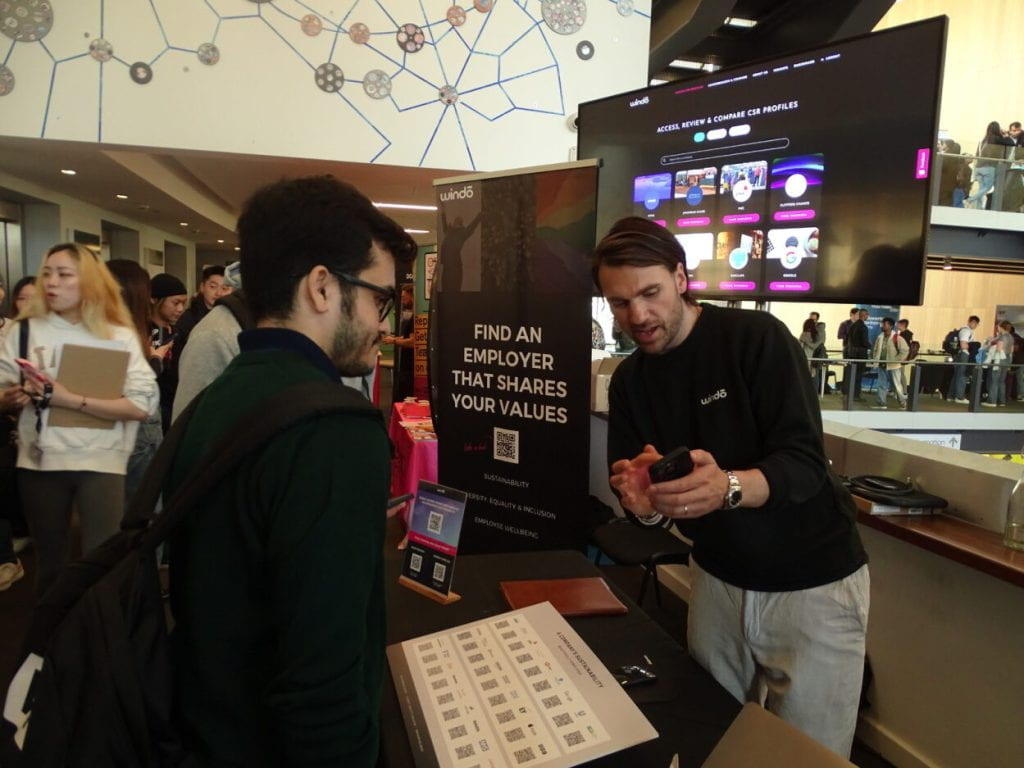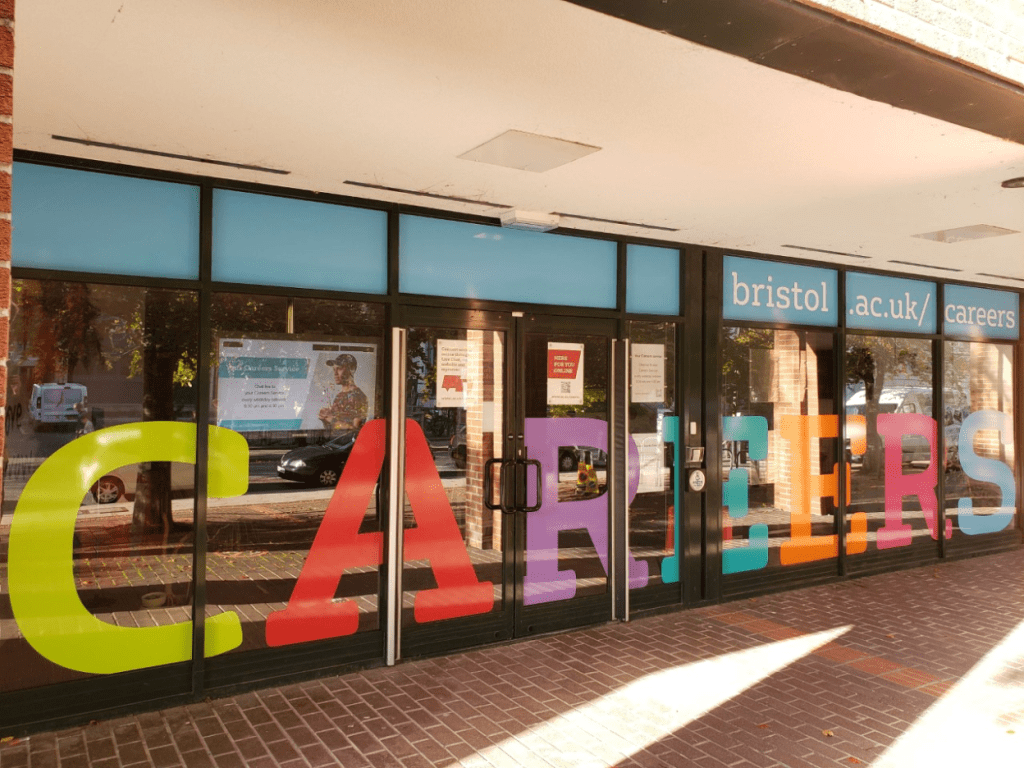Last term, PwC’s Kim Whippy, Change 100’s Ursula Green, and University of Bristol MEng Aerospace Engineering alumnus, Syirah Ami, joined us at our ‘Disability and neurodivergence career panel’.
They shared their insights into the range of support available for students and graduates:
Workplace adjustments

Reasonable adjustments within the workplace maximise inclusivity, accessibility, and support for employees.
Applicants are encouraged to disclose requests or requirements whenever is most comfortable for them.
All panellists emphasised that employers want to meet accessibility requirements; every individual should be enabled to work at their best. The panel mentioned that some employers offer disability training and information sessions on reasonable workplace adjustments during the recruitment process.
Adjustments benefit well-being, productivity, and job satisfaction. Don’t be afraid to experiment with adjustments that might work for you – as Change 100’s Ursula tells us, reasonable adjustments are not one-size-fits-all. Two individuals facing the same barriers may benefit from different assistance.
Self-disclosure
Alumnus Syirah explained how their disclosure process worked during the SME Internship Scheme. Many employers have opportunities for disclosure built into application processes, online forms, or assessments. If they don’t, recruiters can be contacted directly to discuss adjustments.
Questioning is encouraged – the panel recommended asking employers about support for underrepresented groups, and efforts to enhance accessibility for employees.
Exploring initiatives
There are many ways to explore employers’ sustainability and diversity initiatives.
Workplace events, communities, and networks bring together diverse and underrepresented groups without requiring a formal diagnosis.

Ursula also spoke about the UK Government’s Access To Work scheme. Applicants do not require a formal diagnosis, and will increase the amount of eligible support that both you and your employer are entitled to. This can include grants to enable your employer to put adjustments into place.
Next steps
The take-home message from the panel was to get to know yourself. Take the time to explore which adjustments might be helpful for you. Explore your strengths and weaknesses, and how these can be adapted for in the workplace.
Syirah suggested trialling different adjustments whilst you are still at university. For example, assistive technology like focusing software or screen readers may be available.
PwC’s Kim advised that applicants spend time reflecting on their own needs, perhaps by practising verbal requests for adjustments. Becoming an expert in yourself and your requirements will empower you to bring conversations forward openly and freely.
In the meantime, the panel recommended attending events, talks, or career panels like this one. Talking to current employees, graduates, and students in similar situations is a step towards prioritising your professional self. Ursula spoke from experience: “When you know what works for you, share it with others, not just your employer! So many people face barriers for such a long time without realising, and your solution may work for others and build their confidence.’’
Additional Support
There is plenty of support for disabled and neurodivergent students within the University of Bristol Careers Service.
Our Flying Start e-newsletter, Careers Service blog, and bookable opportunities on mycareer include guidance for disabled and neurodiversity students while improving accessibility and inclusivity within organisations.
The SME Internship Scheme and Bristol Mentors programme offer specific opportunities for underrepresented students. EmployAbility provides advice about adjustments and advocacy support for students and recent graduates during application and interview processes, as well as in the job. You do not need a formal diagnosis to access this support.
Online or on-campus appointments with Careers Advisers are available for support that suits you.
Slots can be booked through live chat, or by visiting the Careers Service at 5 Tyndall Avenue.

Our upcoming interactive workshop talks more about accessibility and adjustments available to students and graduates in the workplace.
Visit the Careers Service specialist support webpage for more information about resources for underrepresented, disabled, and neurodivergent students.
Blog written by Mia Hite, Biology student and Employer Events and Communications Ambassador (Widening Participation Focused).
